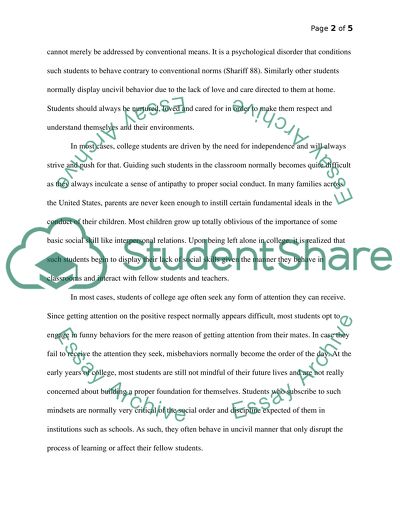Cite this document
(“Research paper Essay Example | Topics and Well Written Essays - 1250 words - 1”, n.d.)
Retrieved from https://studentshare.org/english/1397951-research-paper
Retrieved from https://studentshare.org/english/1397951-research-paper
(Research Paper Essay Example | Topics and Well Written Essays - 1250 Words - 1)
https://studentshare.org/english/1397951-research-paper.
https://studentshare.org/english/1397951-research-paper.
“Research Paper Essay Example | Topics and Well Written Essays - 1250 Words - 1”, n.d. https://studentshare.org/english/1397951-research-paper.


